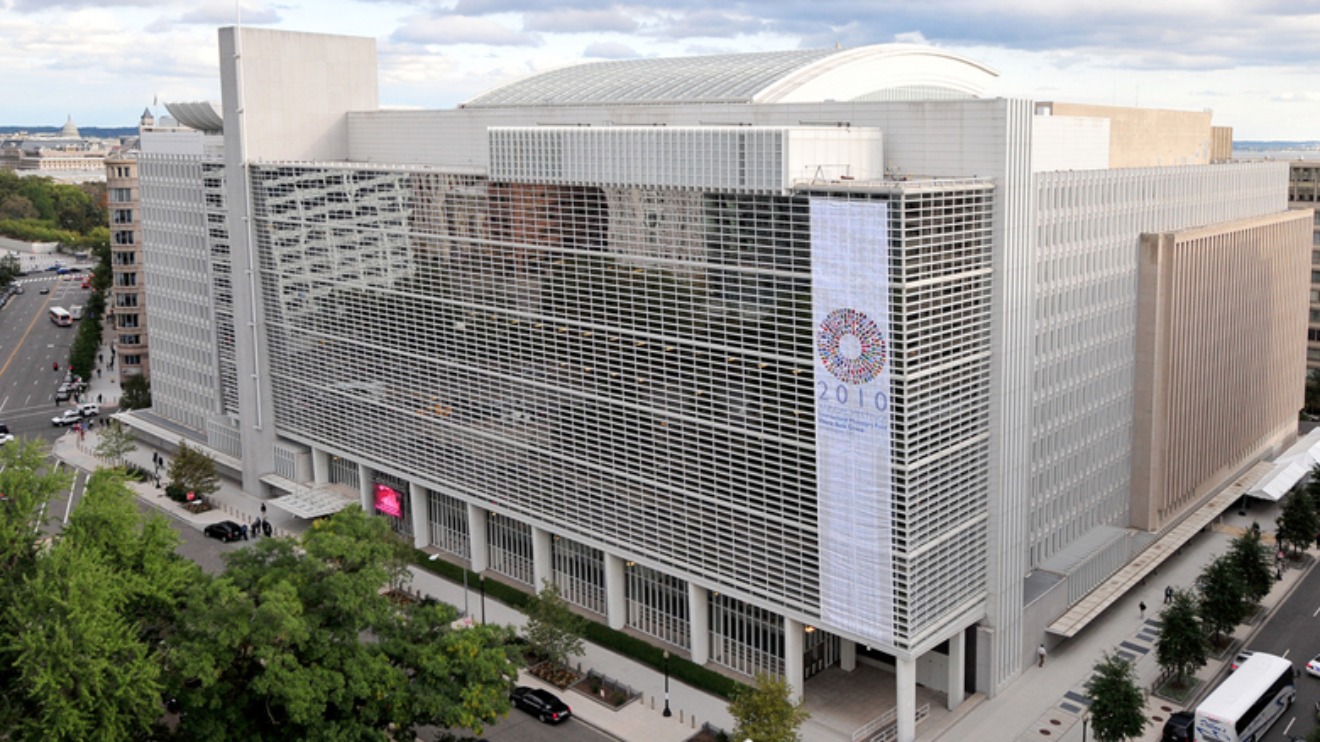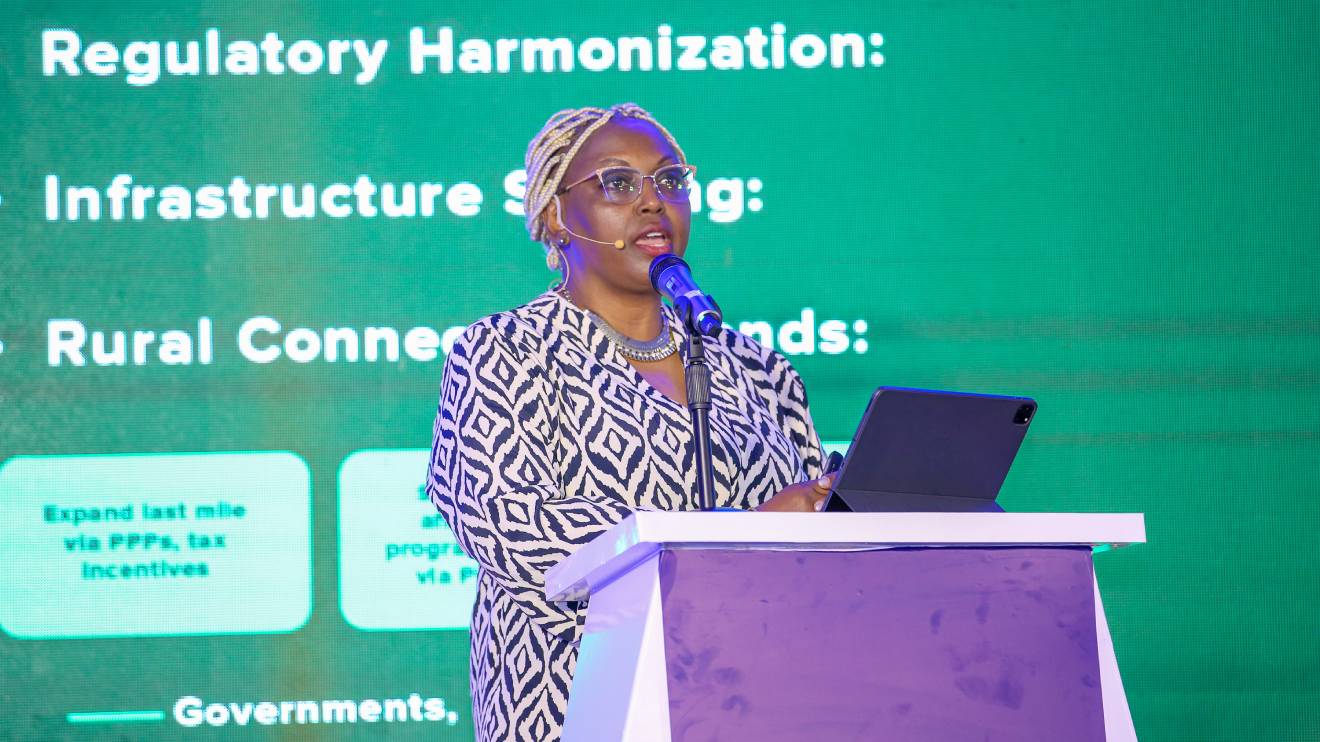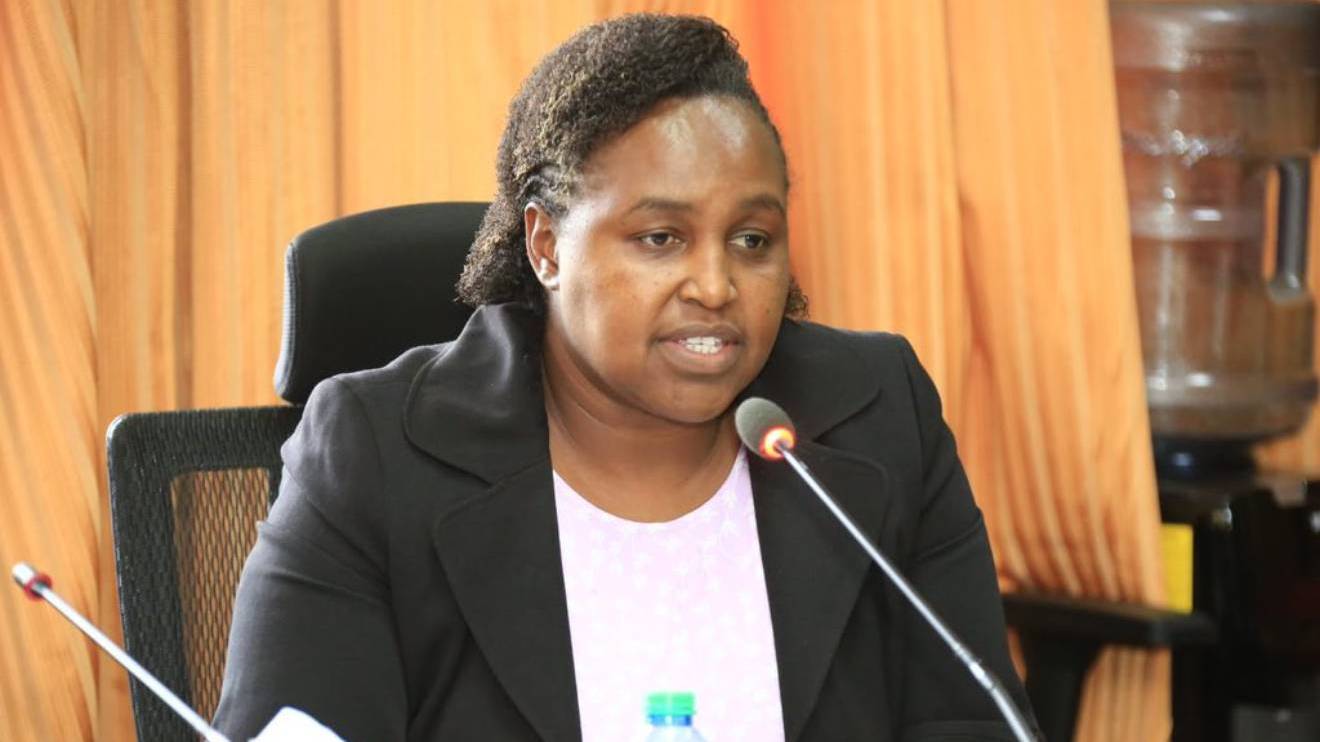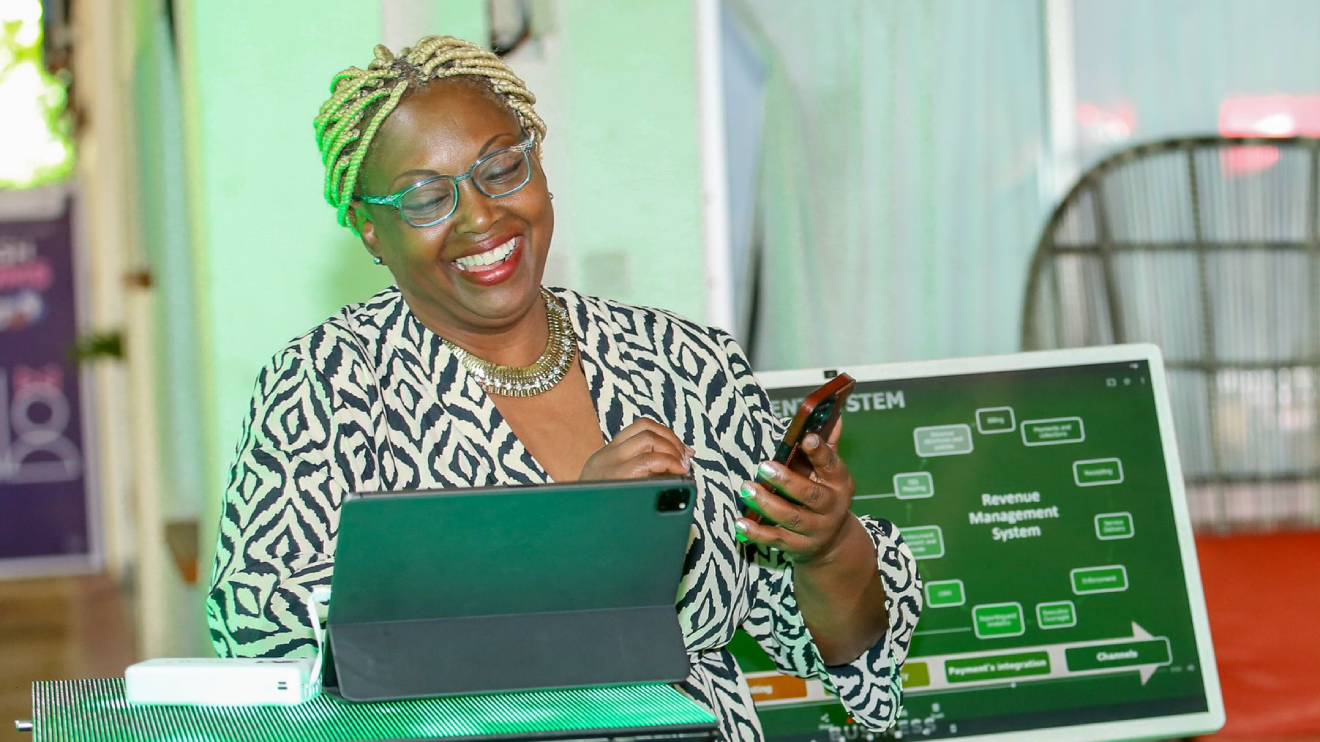The National Treasury has confirmed plans to partially offload the government’s 35 per cent stake in Safaricom in an effort to generate Sh149 billion by the end of the 2025/26 financial year, marking one of the boldest attempts yet to raise funds through state asset sales.
This proposed sale would see the government shed a slice of its interest in Kenya’s largest telecommunications firm, which currently carries a market capitalisation of approximately Sh280.5 billion.
National Treasury Cabinet Secretary John Mbadi, in defending the move, stated the rationale plainly: “Safaricom is the big one that can give us the kind of money that we are looking for,” he said.
Two options are reportedly under active consideration.
The first would involve a secondary Initial Public Offering (IPO), giving the public an opportunity to buy shares on the Nairobi Securities Exchange (NSE).
Read More
The second, a block sale, would target deep-pocketed investors, either local or foreign. Under the IPO route, the proceeds would bypass Safaricom and go directly to the government’s coffers.
This approach is reminiscent of the highly publicised 2008 IPO, where a portion of Safaricom shares was offered to the public, raising in excess of Sh51 billion after overwhelming demand.
Market observers believe a similarly structured sale today could stir comparable interest, both locally and internationally.
Current market estimates suggest that selling between 5 and 10 per cent of the Safaricom stake could yield Sh39.8 billion to Sh79.7 billion, depending on the final share price, which recently stood at Sh19.90.
Should the deal materialise within that range, it would rank among the largest capital market transactions in East Africa to date.
While the government’s financial need appears to be driving the decision, it comes at a time when concerns are mounting over the long-term implications of relinquishing control over strategic state assets.
Safaricom plays a central role in Kenya’s digital economy and mobile money infrastructure, and any reduction in public stake may raise questions about national influence in sectors deemed essential.
Nonetheless, with budget gaps widening and public debt tightening the fiscal noose, policymakers seem determined to lean on commercial assets like Safaricom to shore up revenues.
As the June 2026 deadline looms, all eyes are now fixed on how the Treasury will balance urgency with prudence in managing what may become a landmark transaction in the country’s economic playbook.

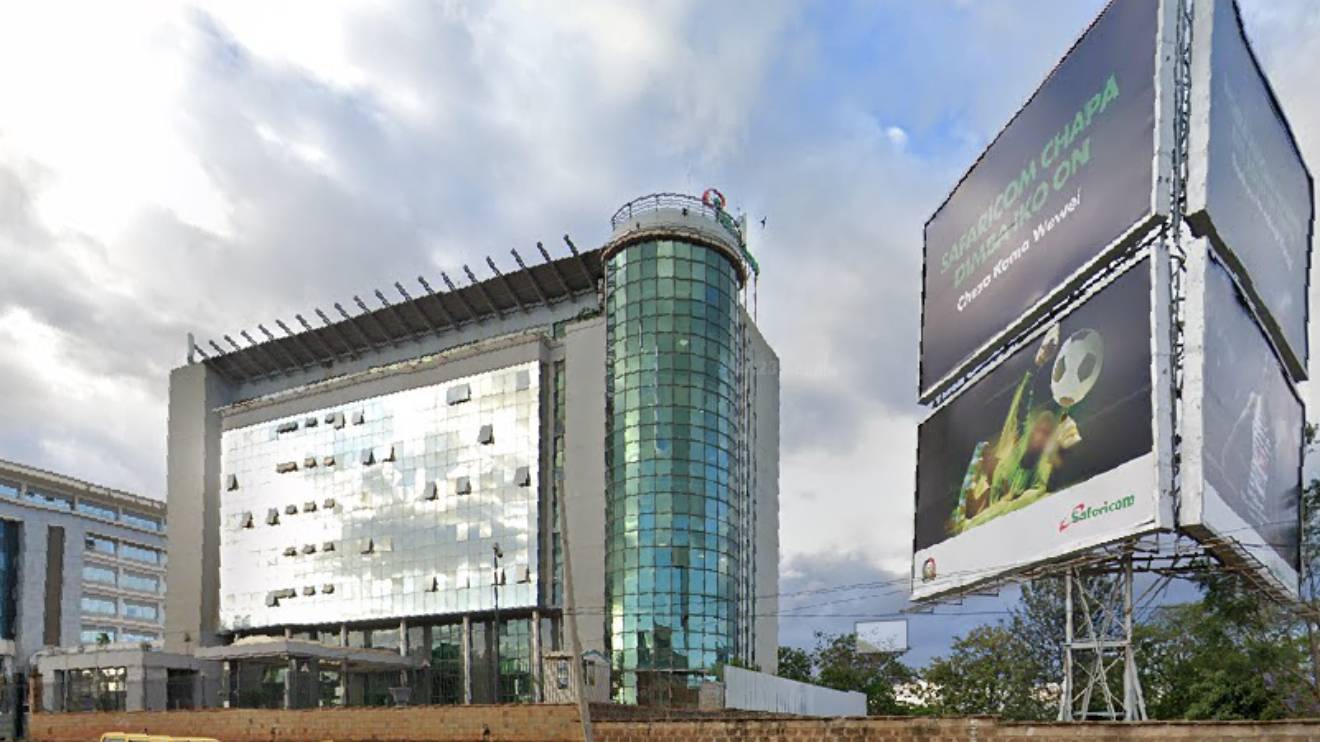


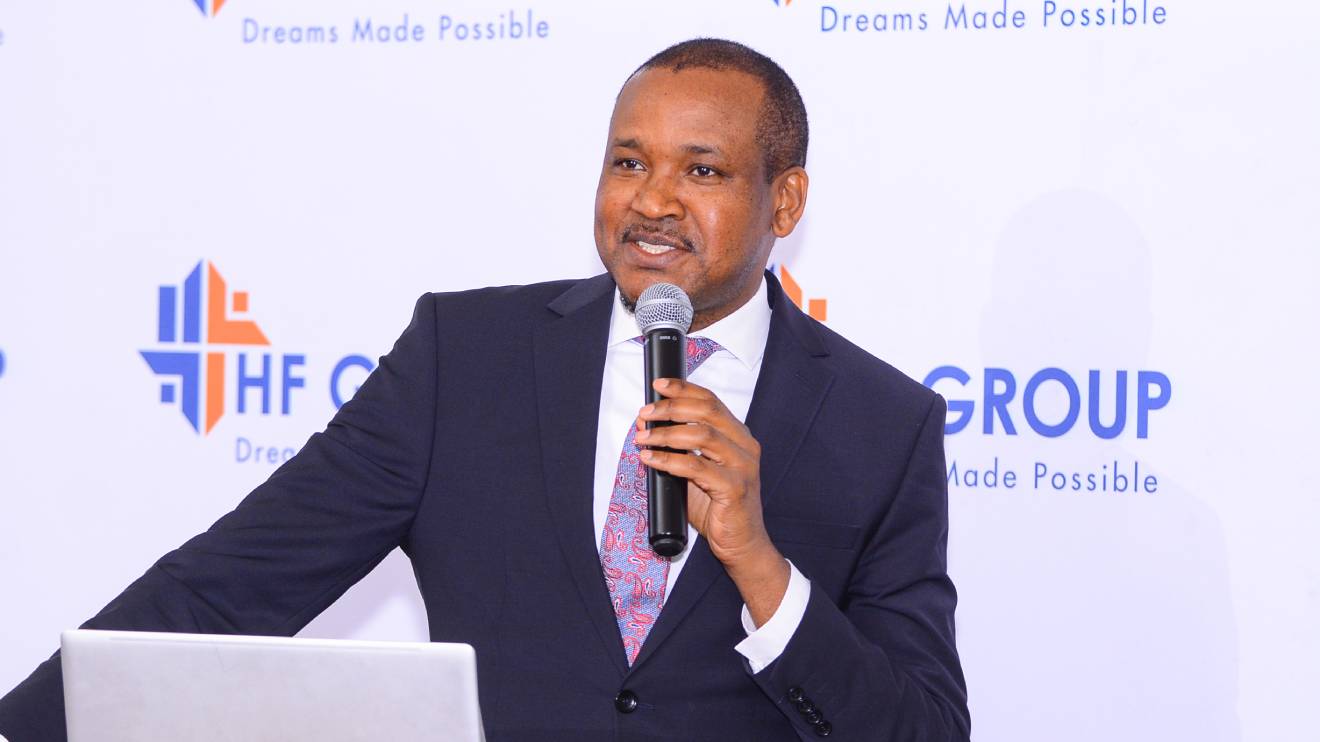
-1711488419-1716535895.jpeg)
